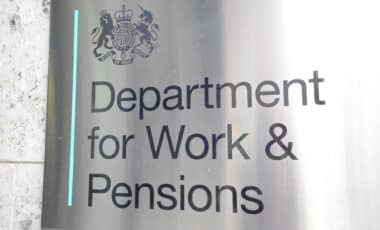Labour’s recent decision to allow MPs to abstain on controversial welfare reforms has intensified fears that cuts to Personal Independence Payment (PIP), Universal Credit, and other disability benefits are becoming more likely.
This shift has ignited a new round of debate about the party’s stance on welfare policy and its potential impact on vulnerable groups.
While the Labour Party had previously enforced strict discipline on MPs who rebelled against the government’s proposals, the new stance provides MPs with the option to abstain, reducing the risk of internal conflict.
However, the decision to allow abstentions has raised questions about the extent to which the leadership is willing to push forward with cuts, even as opposition mounts within the party.
Labour’s Strategic Retreat: Abstentions Over Rebellion
The Labour Party’s decision to permit MPs to abstain on welfare reforms marks a significant change in its approach. According to The Guardian, backbenchers are now allowed to abstain from voting, which represents a departure from earlier, stricter tactics.
In the past, MPs who voted against the government’s position on these issues faced suspension or discipline. Now, however, the party seems willing to prioritise party unity over pushing for full opposition to the government’s agenda.
This shift is largely seen as a tactical retreat. By allowing abstention, Labour hopes to avoid internal divisions while still supporting the government’s proposed changes to welfare. According to some MPs, this policy shift aims to curb potential rebellions and prevent public backlash that could weaken the party’s position in the long run.
Despite this shift, there is growing unease within the party. Several MPs have expressed concerns about the long-term implications of these proposed cuts, which could impact millions of vulnerable individuals who depend on Universal Credit and PIP.
One Labour MP voiced concerns about how the leadership is not addressing the fears of those who could lose out under these reforms.
Growing Concerns Over the Impact on Vulnerable Groups
The potential cuts to welfare payments such as Universal Credit and PIP have sparked a strong reaction from many within the party. These benefits are crucial for millions of disabled individuals and low-income families, and any reductions are likely to increase poverty levels and hardship.
Liz Kendall, the Secretary of State for Work and Pensions, has stated that the government is focusing on lifting children out of poverty, but at the same time, critics argue that this could come at the expense of other vulnerable groups.
According to one MP, the proposal “The obvious truth is that people will lose money under these proposals – including those who clearly don’t deserve to.” These fears are compounded by a sense of frustration within Westminster that the government is failing to listen to the growing concerns of affected constituents.









